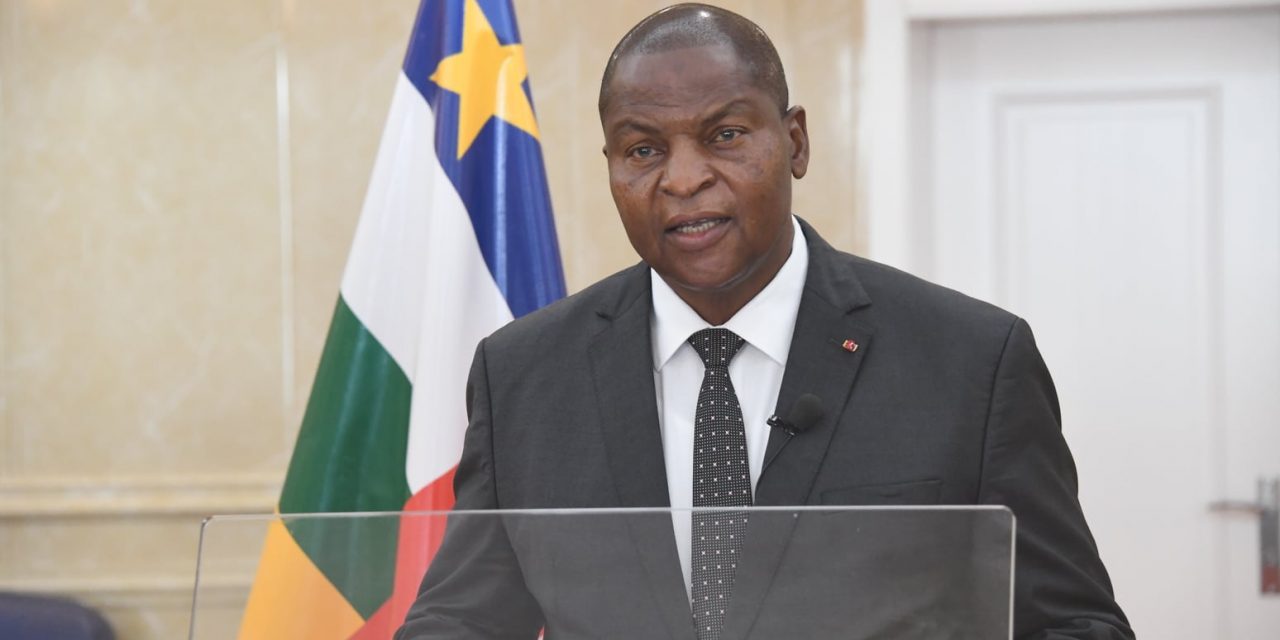Central African Republic: Touadéra urgently hospitalized in Brussels, Bangui holds its breath
The president of the Central African Republic, Faustin-Archange Touadéra, was urgently transferred to Brussels on June 21st to receive specialized medical care. His departure took place in the utmost discretion, at dawn, on board a specially chartered medical plane. The operation, led by Dimitri Mozer, Honorary Consul of the Central African Republic in Belgium and close to the head of state, was organized in a context of great sensitivity.

The situation accelerated after the president’s health suddenly deteriorated during a meeting in Bangui. On returning to his home in Boy-Rabe, the symptoms worsened, prompting his personal doctor to recommend a quick evacuation to Europe according to La Lettere du Contient. Initially, a stopover in Algiers had been considered, but the choice eventually fell on Brussels, where the president is currently being cared for at the Delta hospital, an establishment renowned for its intensive care. According to the same source, along his side are his doctor, his second wife Tina Touadéra, and Dimitri Mozer. Several associates, including his chief of staff, have visited him since his admission. His condition has stabilized, but he will have to remain hospitalized for at least a week.
In Bangui, his prolonged absence from the head of state is causing widespread concern, notably with the presidential election looming in a few months, in an already tense political and security climate. Fear of a possible vacancy of power is palpable, especially since the president, known for his mistrust of officials outside his family circle, leaves uncertainty in the organization of governance. A handful of loyalists, including the defense minister, the president of the National Assembly, and the prime minister, are trying to manage the transition until his return.
This situation also occurs as Faustin-Archange Touadéra just signed in N’Djamena an agreement with armed group leaders to attempt to secure the electoral process. Despite the weakening of the political opposition, it continues to contest the legitimacy of a third term. On the ground, the threat of armed groups remains real, particularly in a context marked by the gradual withdrawal of Wagner mercenaries and the prospect of an increased involvement of Africa Corps, backed by Moscow.


Comments